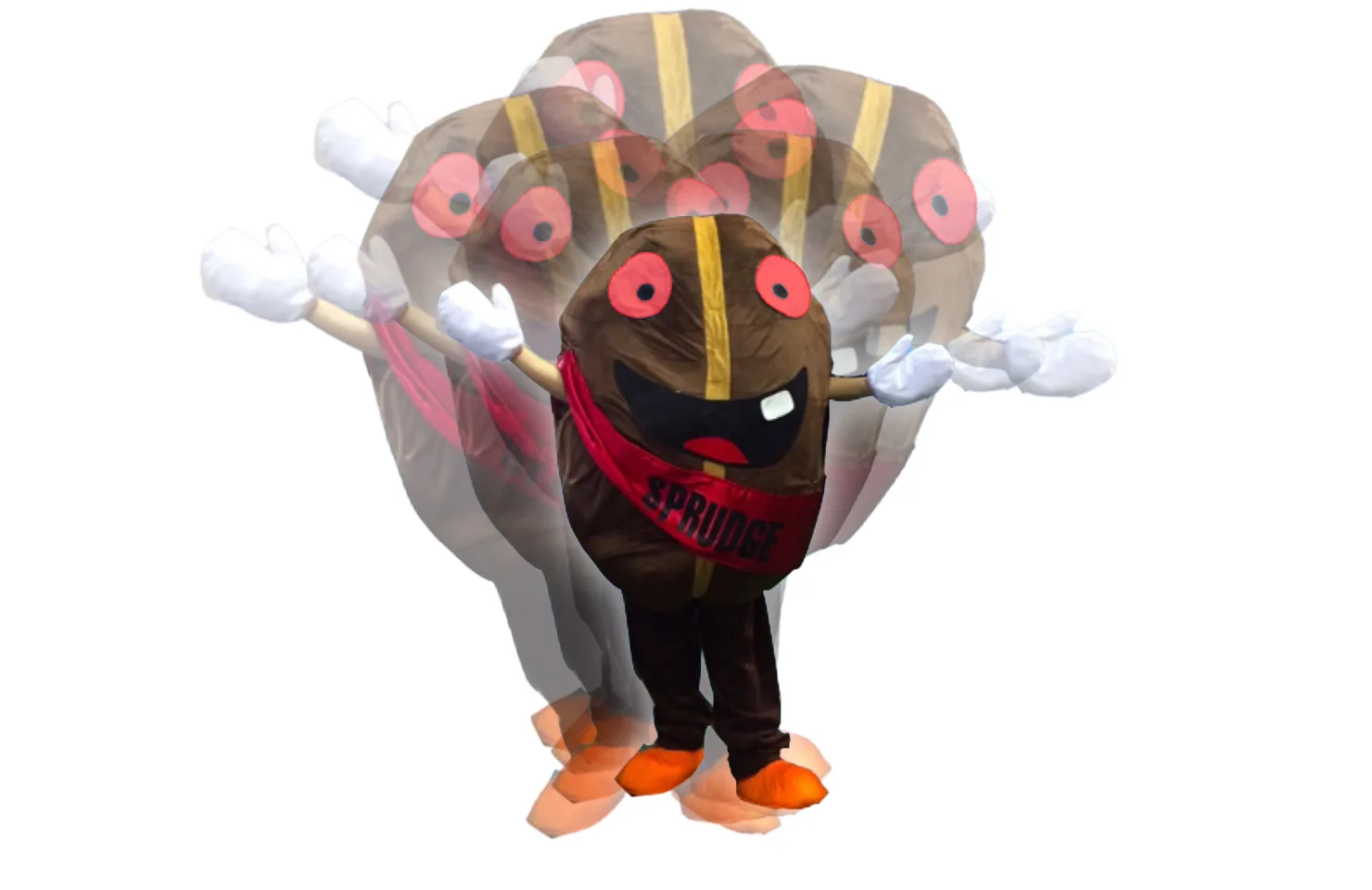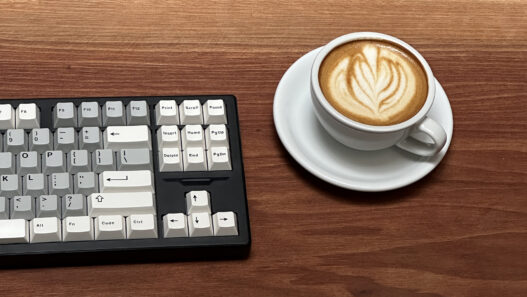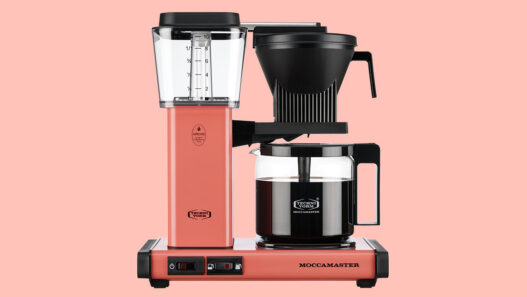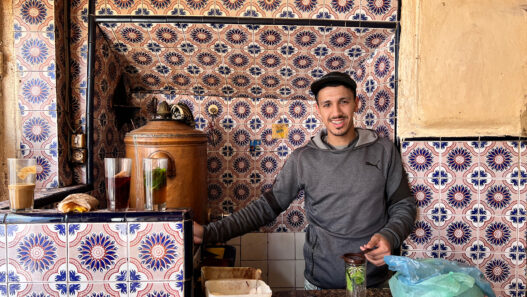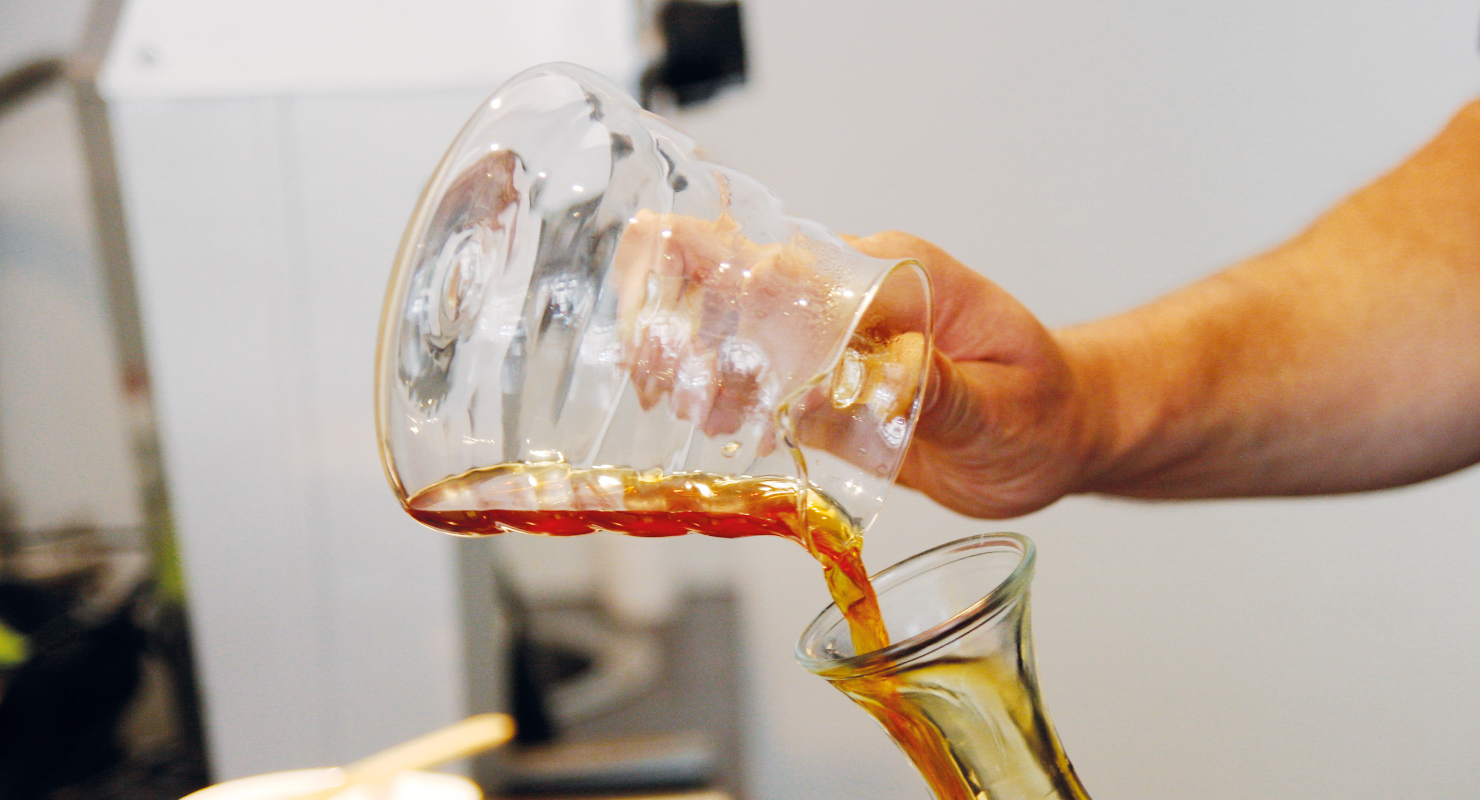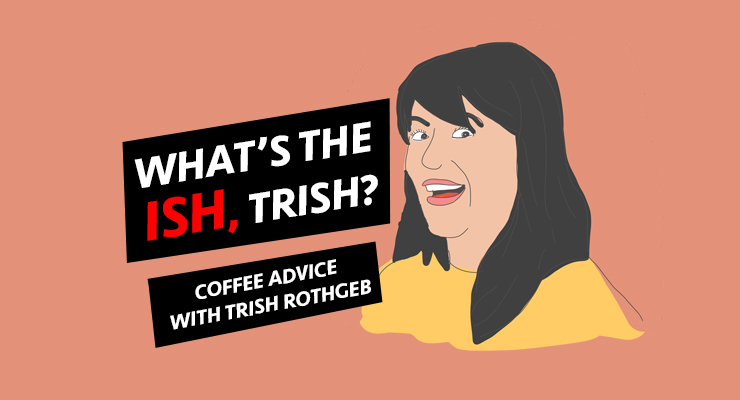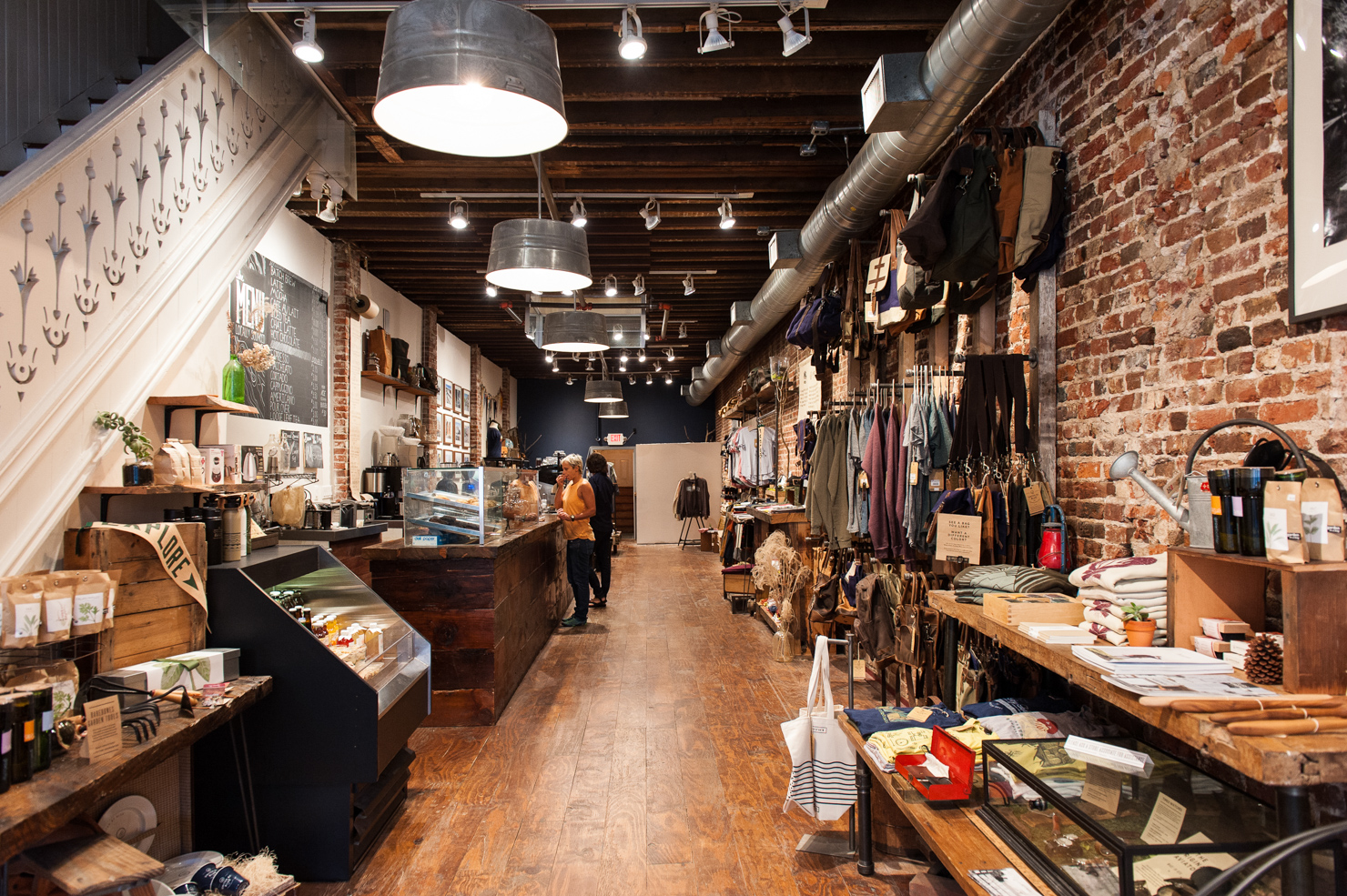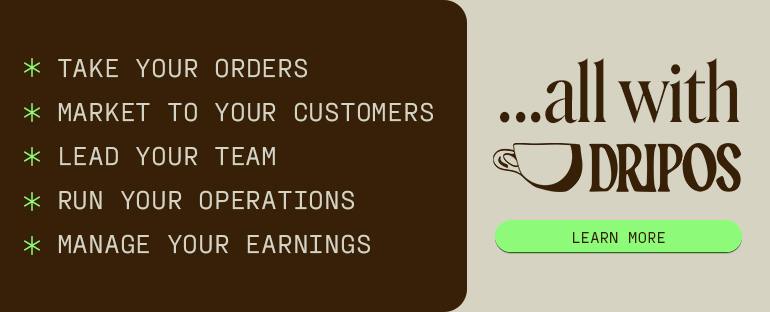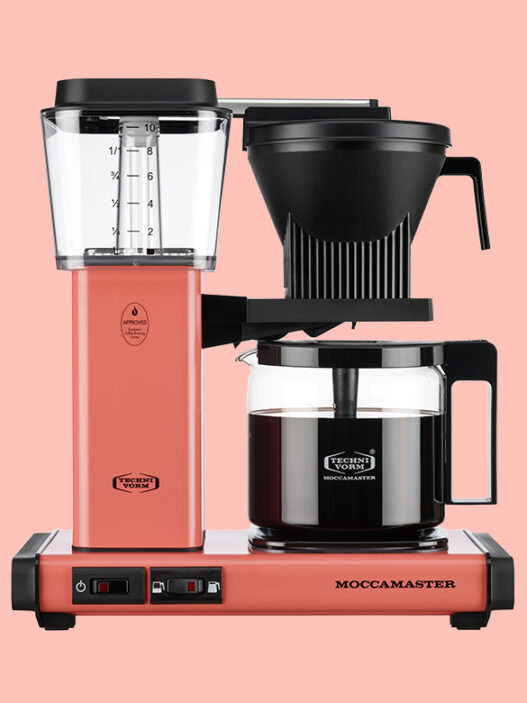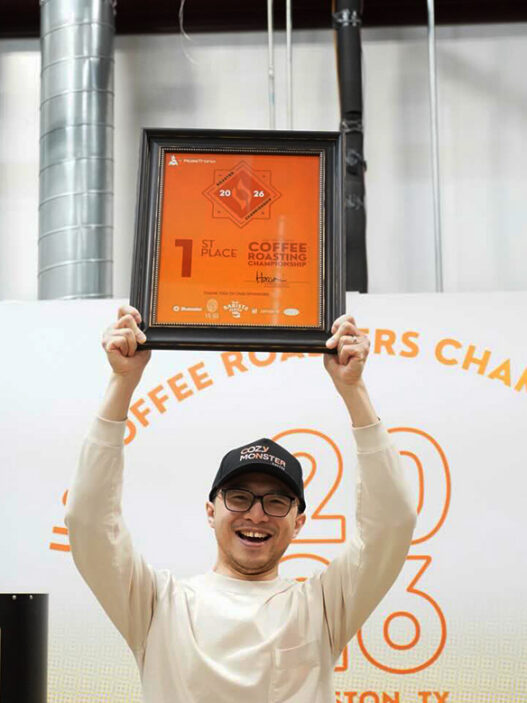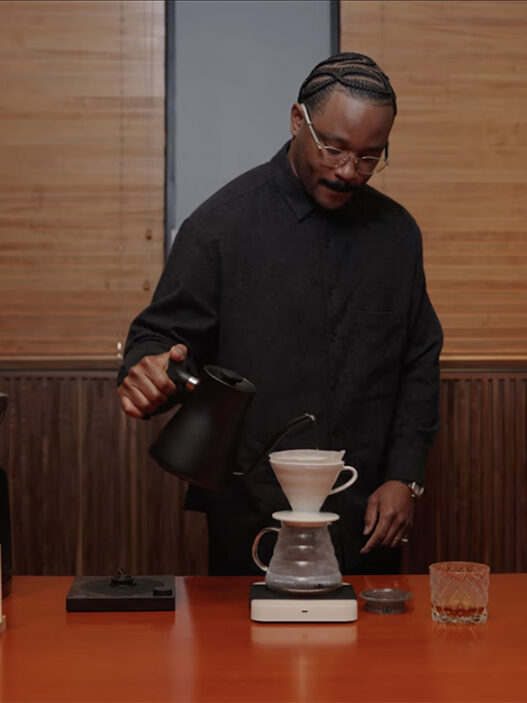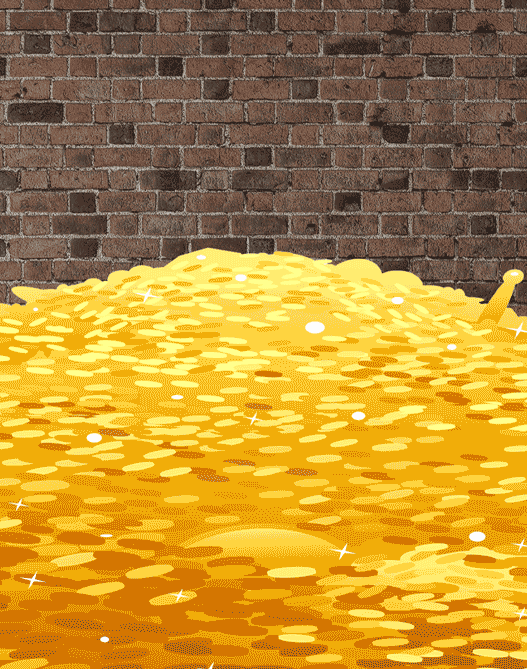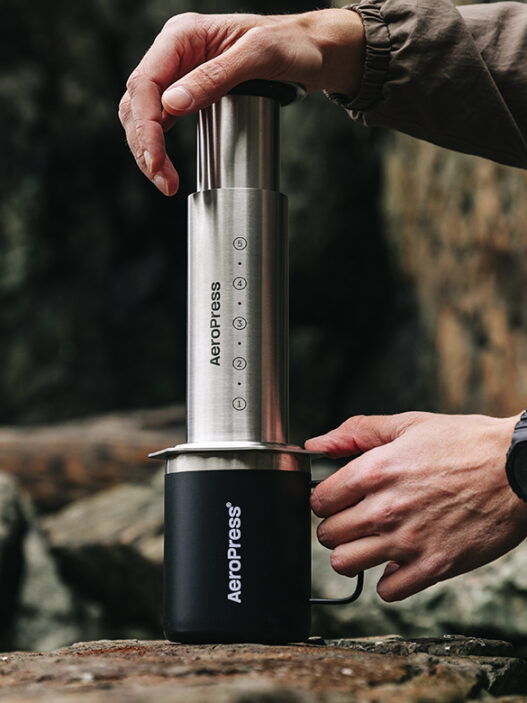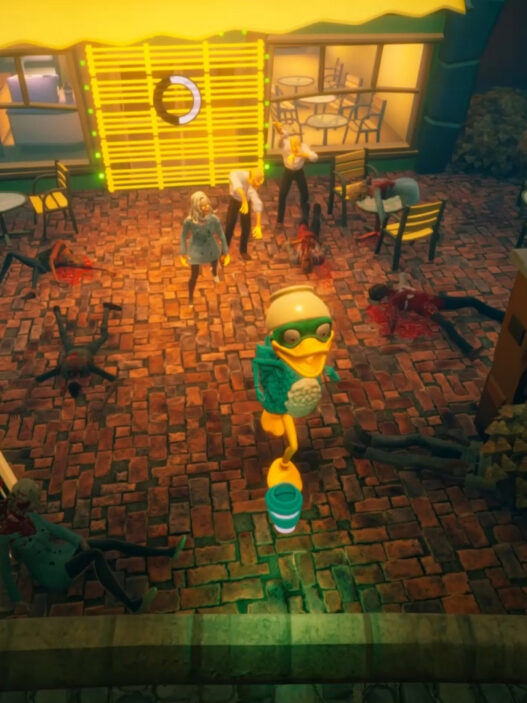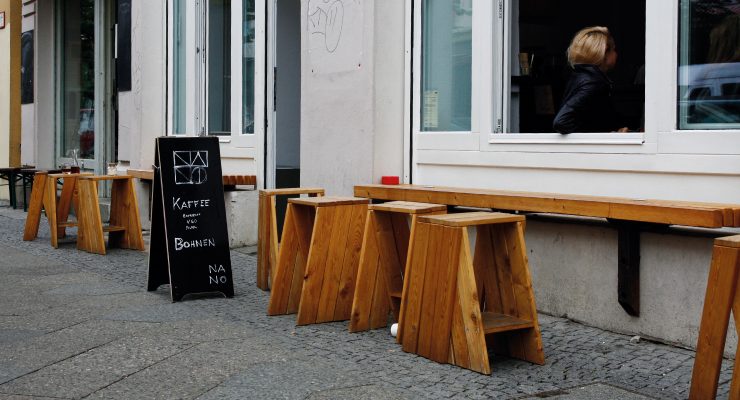
Owner Ramin Massah and I are sitting outside Nano Kaffee, discussing Dresdener Straße’s ever-changing character, when an aging punk in an apartment opposite opens his window to yell friendly obscenities, before cranking a German New Wave banger. Massah laughs, “That’s Kreuzberg!”
When Massah moved from Münster to West Berlin at the age of five, the Wall was still standing, and Kreuzberg’s criminal reputation, centered around Kottbusser Tor, scared many away. Until 2010, kaffee for Kreuzbergers typically meant a cup of supermarket filter brew from the bakery, left steeping for days, as the Second Wave coffee movement largely bypassed Berlin. Today, Dresdener Straße’s eclectic inhabitants include bourgeois bars, a Korean cafe, copy shop, Babylon Cinema, and Nano, one of the latest Third Wave coffee joints to since pop up, changing the face of the city.
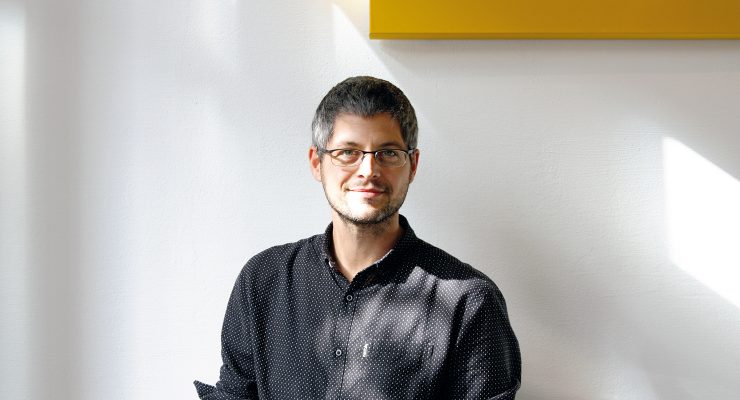
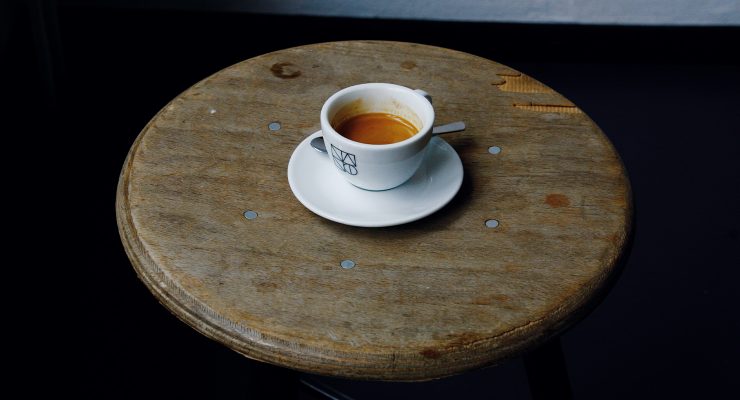
While expats and European beans dominate the scene, Nano showcases German roasteries, serving high-quality espresso, V60, and batch-brewed coffee, accompanied only by sweet nibbles from Black Isle Bakery and Fellfisch. ‘This is what I love,” Massah says. “Focused and simple.”
After ten years as a carpenter crafting furniture and theater sets, Massah’s “adventure with coffee” began in 2009 with his first cafe. Keen to learn more, he attended weekly cuppings at Café CK and began networking with roasteries. Excited by the rapid development of the German scene, he decided to concentrate on coffee alone.
Massah designed and built most of the furniture in Nano, aided by a metalsmith friend. The gallery-white walls and raw steel counters are bathed in ample light from the high, wide front windows, creating a soft, industrial feel. The only splash of color comes from a vase of flowers and the square of yellow above the coffee machine; “My menu,” he jokes.
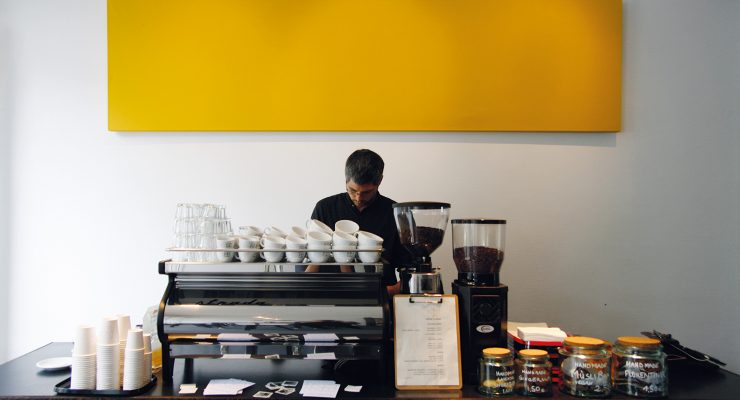
Raw steel is also used for the long, central, laptop-friendly table on wheels, which is designed to double as a cupping table. Having run four lively “Brew-Up” events since opening in September 2014, Massah hoped to create a neutral space where the three big Berlin roasteries—Bonanza, The Barn, and Five Elephant—could do cuppings together.
He is passionate about making specialty coffee friendly, communal, and accessible, and his cupping events cater to coffee geeks as well as the uninitiated: “The idea of Nano is to have every opportunity to go deeper into the world of coffee, and to catch any odd people who want to go with me.”
He finds many similarities between the worlds of carpentry and specialty coffee: “It’s all craftwork with a natural product. [Like coffee] every wood is different—every batch of wood, every tree; the oak tree is different from France to Sweden.” This hands on, intense attention to detail crosses over to his approach to brewing: from a La Marzocco Strada EE, I tried a sweet, buttery espresso with Bonanza’s Honduras El Paraíso, ground with an Anfim Super Caimano Titanium, and an oh-so-creamy flat white using Brodowin milk and Ernst Kaffeeröster’s Ethiopia Konga Sedie espresso, ground with a Mazzer Kony Electronic.
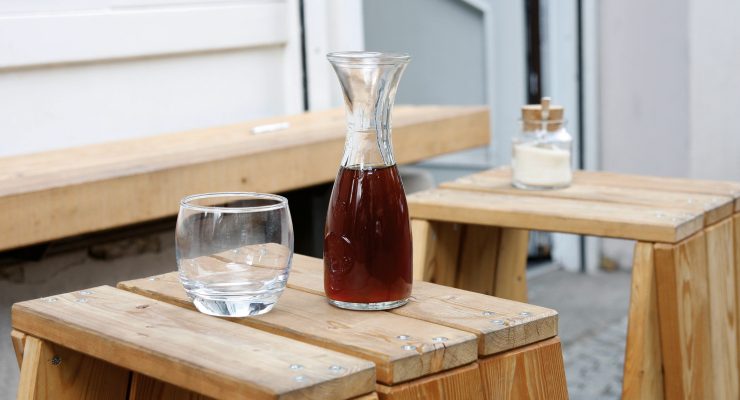
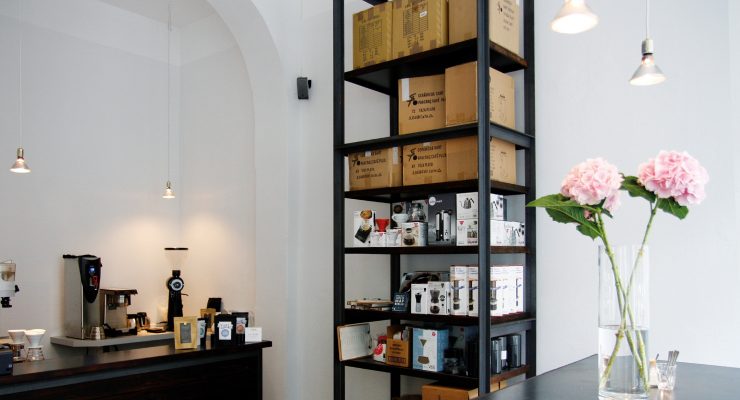
Two steel shelves hold a rotating assortment of German beans for sale—I clocked JB Kaffee from Munich, Playground and Quijote from Hamburg, and Kreuzberg local Five Elephant—as well as equipment.
While Nano primarily sells espresso-based drinks, the brew bar also stocked beans on my visits from Koppi, Playground, and La Cabra, as well as a rich cold brew with fruity tones from Berlin’s Good Spirits, available in two bottled varieties (Black Moon; Rare Constellations) plus office-friendly 3L boxes—these will hold until Nano’s own cold brew returns next summer.
With another Brew-Up due before the year’s end, Nano promises to become a community hub, converting Kreuzbergers young and old, one coffee at a time.
Annabel Brady-Brown is a freelance journalist based in Berlin, writing for ExBerliner and more. Read more Annabel Brady-Brown on Sprudge.
Photographs by Septimus Brope.



